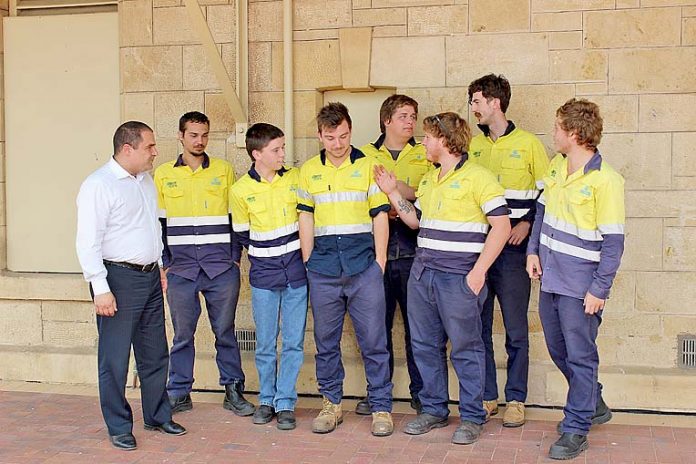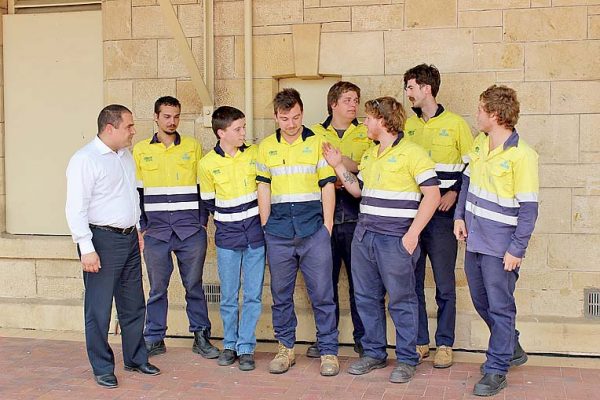

THE Coalition Government will invest $60m to trial a wage subsidy as an incentive for employers in regional and rural communities to engage more apprentices.
Small and Family Business, Skills and Vocational Education Minister Senator Michaelia Cash said the trial would see up to 1630 new Australian apprentices in areas of skills needs.
“There are 3.3m Australian small businesses which contribute around $395b annually to our economy,” she said.
“Small business plays a vital role in our community, from giving young Australians their first real job to supporting our local charities and sporting organisations.
“Through this incentive, we are securing the skills our regional and rural businesses need to remain competitive and give local students new opportunities at home.”
From January 1, the new subsidy under the Australian Apprenticeships Incentives Program (AAIP) will support eligible new Australian apprentices in areas such as plumbing, mechanical, electrical, painting trades and hairdressing.
Member for Barker Tony Pasin said under the subsidy, eligible employers within Barker would be able to receive payments based on the apprentice’s relevant award wage rates.
“Subsidies will be provided at 75pc of the apprentice’s award wage in the first year, followed with 50pc in the second year and 25pc in the third year,” Mr Pasin said.
“The investment is part of our government’s commitment to maintain a strong vocational education and training sector that delivers the quality skilled workforce our community needs.”
The new wage subsidy will complement other incentives currently available through the AAIP and support the engagement of eligible new full-time apprentices at the Certificate III and IV levels in occupations on the National Skills Needs List in regional and rural communities.







